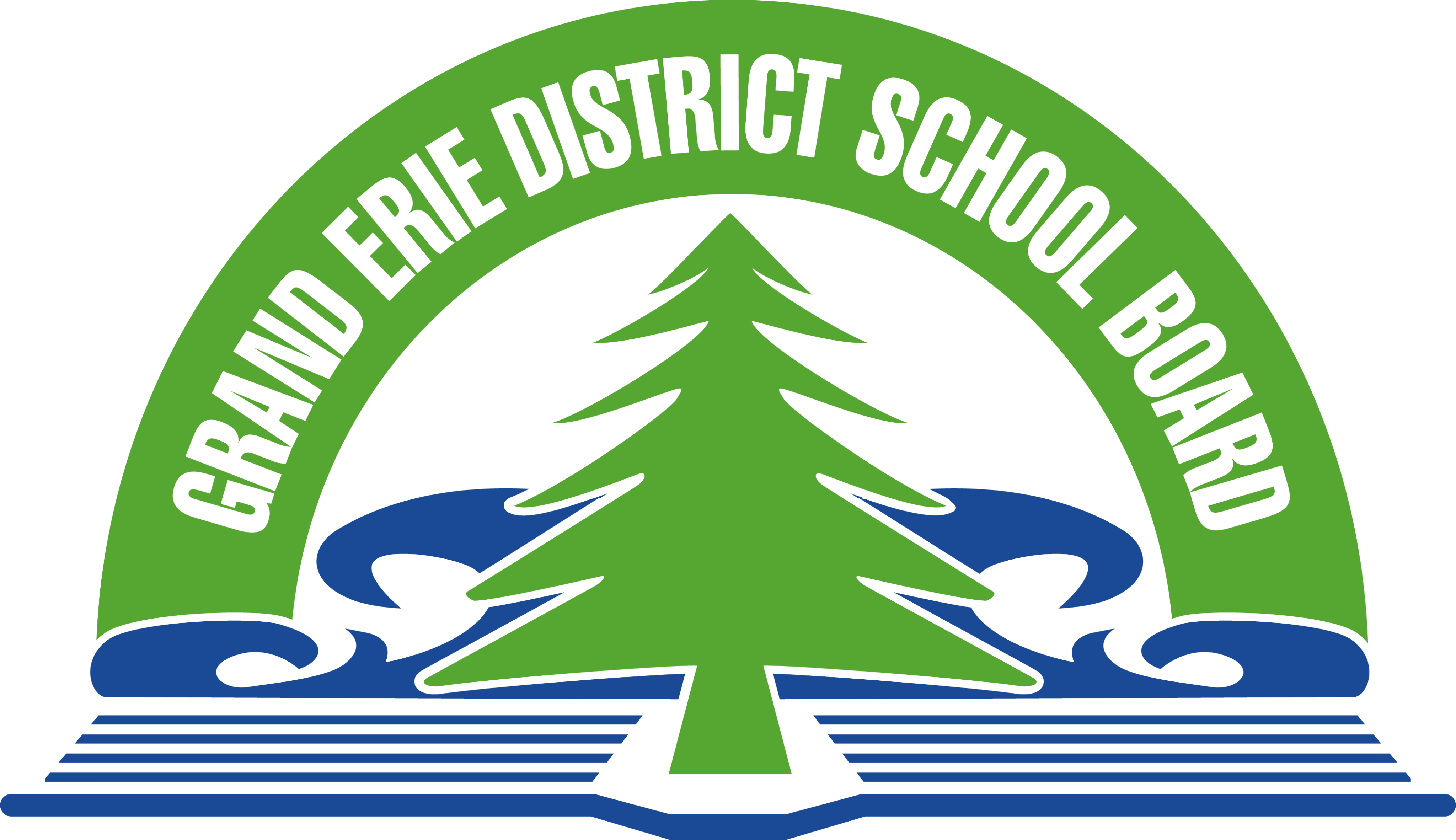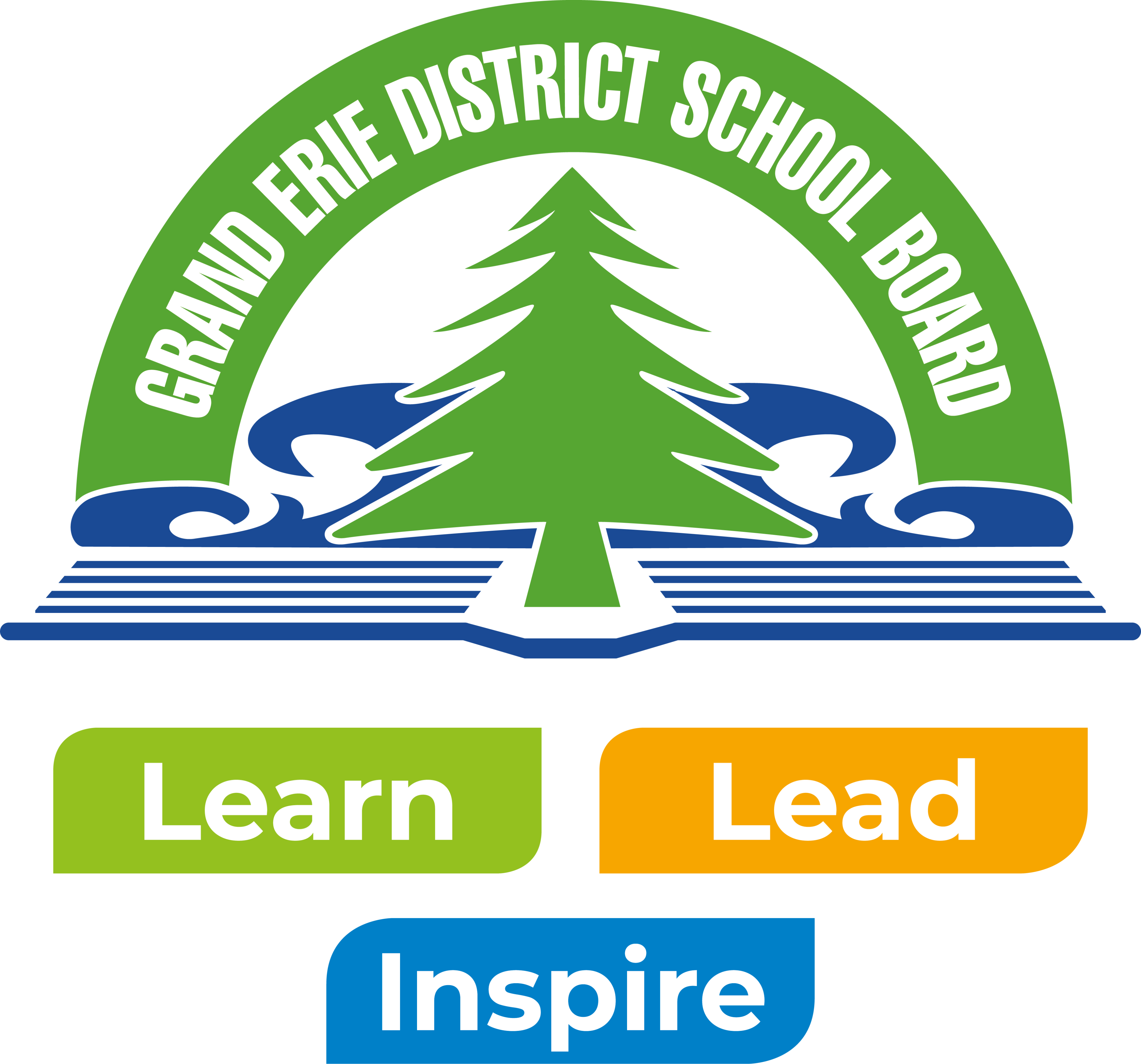To support children’s reading development, we are using decodable texts. These texts are carefully designed to align with the phonics skills and high-frequency words that children have learned in class. They provide an opportunity for students to apply and practice their most recently acquired skills, encouraging them to sound out words rather than guess or rely on pictures. This helps consolidate phonics learning and supports children in becoming more accurate and fluent readers.
Once children have mastered phonics learning, all texts become decodable and they can move to reading texts chosen according to interest and topic. Reading texts that become increasingly complex will support children in learning vocabulary, expanding their background knowledge and applying comprehension strategies.
You may also be familiar with levelled readers, which are books assigned a difficulty level based on features such as word count, sentence structure, illustrations, and font style. While levelled texts may not always align directly with phonics instruction, they can still play a valuable role in supporting reading development. These books can be used to foster enjoyment of reading, build confidence, and provide exposure to a variety of genres and topics. Providing children with a variety of literary experiences can help to develop their love of reading.


